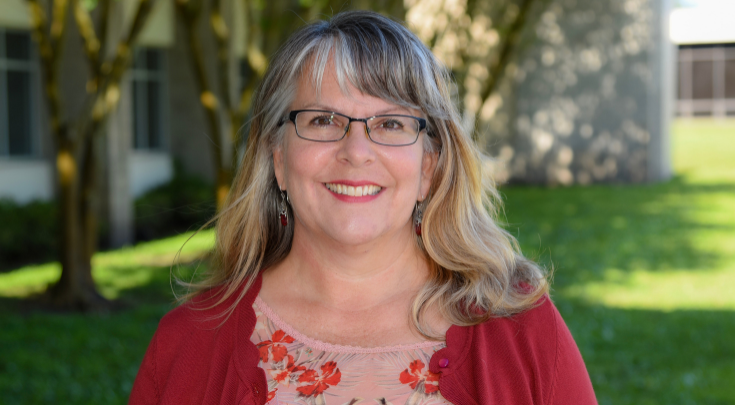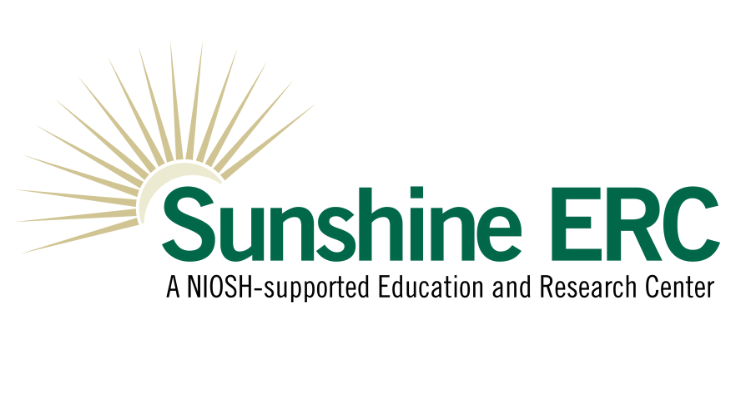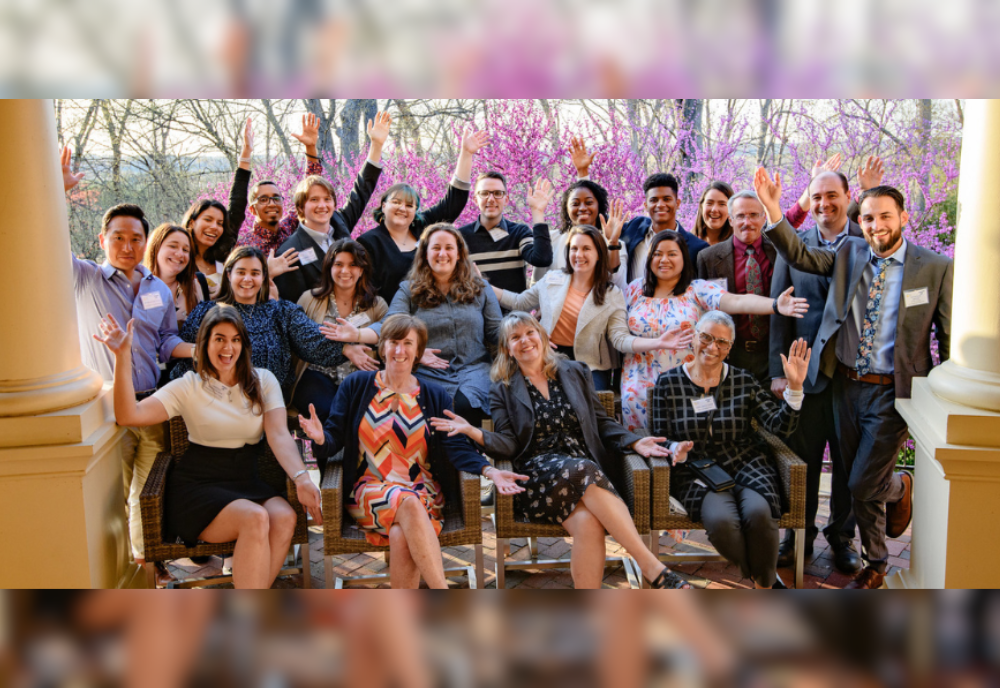The USF College of Public Health's Sunshine Education and Research Center (ERC) has undergone a reorganization, reflecting a shift towards a more interdisciplinary approach in the field of occupational safety, health and wellness (OSHW). The reorganization comes as Dr. Thomas Bernard, who has led the Sunshine ERC for the past 15 years, passes the leadership torch to a new director, Dr. Jennifer Marshall.
The Sunshine ERC began in 1997 to focus on interdisciplinary training of occupational safety and health professionals, training in evidence-based practice and research, continuing education and outreach. Funded by the National Institutes for Occupational Safety and Health (NIOSH) in five-year cycles, Bernard saw this renewal as the right time to hand over leadership.
“Dr. Bernard was ready to pass the reins to a new director who reflected a new approach,” Marshall said. “The reorganization aligns with the expanding field of OSHW, which increasingly emphasizes interdisciplinarity, bench sciences and social sciences, a trend driven by initiatives like NIOSH’s Total Worker Health and Future of Work.”
Marshall brings a wealth of experience to her new role, having led the planning and evaluation core for the ERC over the past five years and served as the director of outreach.

Jennifer Marshall, PhD, MPH, CPH (Photo by Caitlin Keough)
The reorganization also comes with a fresh set of goals for the Sunshine ERC. As part of its mission to promote worker health, safety and wellness, the center aims to improve workforce quality of life and promote evidence-based practices.
The new funding cycle includes seven academic training programs, along with outreach and continuing education initiatives. Programs now include applied training for safety managers and exposure scientists, alongside clinical programs like occupational health nursing and research-focused initiatives like the Targeted Research Training program based at the University of Central Florida. The Sunshine ERC will also offer an academic focus area for occupational health and safety as part of the DrPH concentration in advanced leadership in public health concentration and will also include the social marketing certificate.
“We’re providing trainees and faculty opportunities to collaborate and cross-train,” Marshall said, emphasizing the importance of interdisciplinary learning. “ERC trainees participate in a common foundations course and joint trainings and events, strengthening the connections between the center’s various programs.”

Sunshine ERC logo (Photo courtesy of USF COPH)
Partnerships are another critical component of the reorganization. The Sunshine ERC is deepening its collaboration with the COPH Activist Lab, led by Dr. Karen Liller, who is also part of the ERC leadership team. The 2025 Activist Lab Boot Camp will focus on OSHW, providing additional training opportunities for ERC students. Additionally, the center has ongoing partnerships with organizations like the University of Puerto Rico, where it works on disaster resilience in the hospitality sector.
Looking ahead, Marshall is optimistic about the future.
“I am most excited about the potential of the ERC to develop the next generation of OSHW professionals and practitioners,” she said. “The long-term goal is to create a workforce of public health professionals who are experts in their fields, attuned to emerging issues, and equipped to work across systems to optimize workplace quality of life.”
